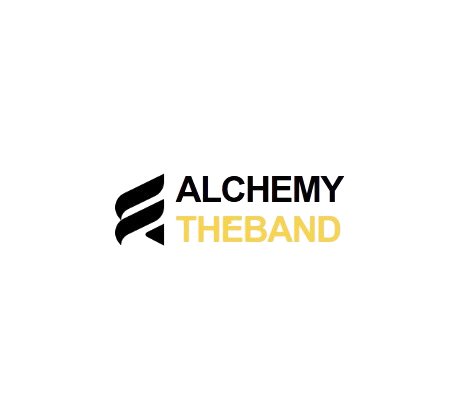Online Games: A Gateway to Virtual Realms
Gaming has changed from a straightforward sporting action into a unique social peculiarity that resounds with individuals of any age and foundations around the world. From the beginning of pixelated designs to the vivid virtual domains of today, the gaming business has encountered a striking development that has reshaped diversion, innovation, and social cooperation. This article investigates the excursion of gaming, from its modest starting points to its present status, and analyzes its effect on society.
The Development of Gaming:
The historical backdrop of gaming can be followed back to the late twentieth century when basic arcade games like “Pong” and “Space Trespassers” dazzled crowds in arcades all over the planet. These early games established the groundwork for what might turn into a flourishing industry, driven by mechanical progressions and inventive development.
The 1980s saw the rise of home gaming consoles like the Atari 2600 and the Nintendo Theater setup (NES), carrying gaming into the lounges of millions. This time presented web1s notorious characters and establishments, for example, “Super Mario Brothers.,” “The Legend of Zelda,” and “Pokémon,” which keep on impacting gaming society today.
The 1990s denoted a time of quick development and trial and error in the gaming business. The progress from 2D to 3D designs, alongside the ascent of Compact disc ROM innovation, permitted engineers to make more vivid and outwardly staggering games. Titles like “Last Dream VII,” “Shake,” and “Super Mario 64” pushed the limits of what was conceivable in gaming, setting new guidelines for narrating and ongoing interaction.
The Social Effect of Gaming:
Gaming’s social effect stretches out past amusement, affecting workmanship, music, design, and even schooling. Computer games have turned into a type of imaginative articulation, with designers mixing staggering visuals, charming stories, and vivid soundscapes to make extraordinary encounters. Games like “The Remainder of Us,” “Excursion,” and “The Legend of Zelda: Breath of Nature” are praised for their narrating ability and profound profundity.
Besides, gaming has turned into a social peculiarity, interfacing individuals from various regions of the planet through online multiplayer encounters. Games like “Fortnite,” “Class of Legends,” and “Minecraft” act as virtual gathering spots where kinships are framed, cooperation is cultivated, and networks flourish.
Gaming has likewise arisen as an incredible asset for schooling and learning. Instructive games and reenactments give drawing in and intuitive encounters that assist understudies with creating decisive reasoning, critical thinking, and joint effort abilities. Games like “Minecraft: Schooling Version,” “Kerbal Space Program,” and “Oregon Trail” make learning fun and open for players, everything being equal.
Looking Forward:
As innovation keeps on propelling, the eventual fate of gaming holds boundless conceivable outcomes. Computer generated reality (VR), increased reality (AR), and cloud gaming are ready to reform the gaming scene, offering new degrees of inundation, intelligence, and openness. These advances can possibly reclassify how we play, learn, and interface with others, opening up new roads for inventiveness and development.
All in all, gaming has developed from a specialty side interest into a worldwide social peculiarity that impacts diversion, innovation, and social collaboration. Its effect on society is significant and sweeping, molding the manner in which we engage ourselves, speak with others, and associate with our general surroundings. As gaming proceeds to develop and enhance, its social importance and impact are probably going to develop, introducing another period of intelligent amusement for a long time into the future.
